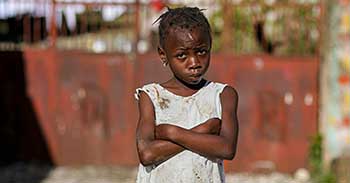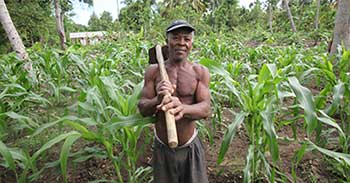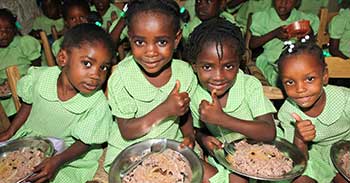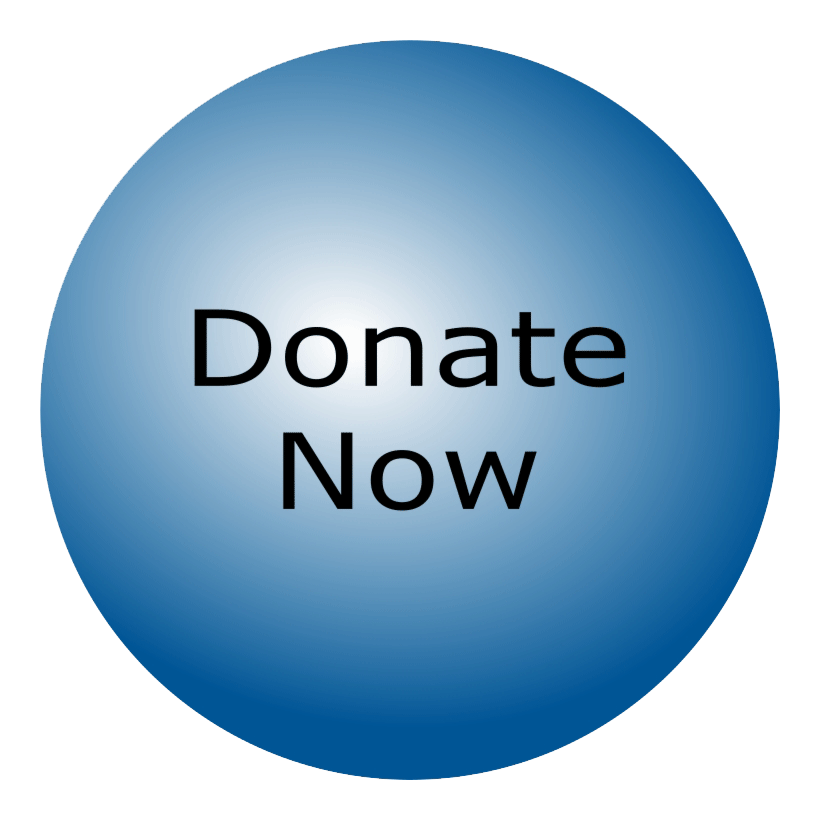Haiti has the highest rate of cholera in the world a year after the disease first arrived in the country. Cholera has sickened more than 450,000 people in a nation of 10 million, or nearly 5 percent of the population, and killed more than 6,000.
At the anniversary of cholera's arrival in Haiti, it is also on the verge of becoming the leading cause of death by infectious disease in the Caribbean nation, according to health experts.
That's significantly more than the 100,000 to 300,000 cases documented annually in Bangladesh. The Democratic Republic of Congo sees 13,000 to 30,000 cases a year.
Cholera is likely to become endemic in Haiti, meaning it will become "native" to the country. It is very possible that it will be with Haiti for a very long time.
Haiti's has a status as the "most water insecure" country in the world, which means many people have insufficient access to clean water.
Haiti has long suffered from improper sanitation because of its poverty but sanitation conditions in the capital and other urban areas became much worse after last year's earthquake forced thousands of people to set up tents and basic shelters in public plazas, parks, soccer fields and other open areas.
The epidemic threatens to worsen as the year's second rainy season causes the disease to spread.
Also worsen the situation will be the withdrawal of humanitarian workers who leave because of a lack of funding. That means fewer drainage services and less maintenance on the latrines aid workers set up in the settlement camps.
It is absolutely important to improve Haiti's water system and sanitation. The use of education, water treatment and oral vaccines is also important.
Star of Hope actions
Star of Hope has supplied water treatment directly after the earthquake to Star of Hope projects to “secure” the water available.
After the cholera outbreak a year ago, Star of Hope started to give out the water purification and oral vaccine to the projects again. Star of Hope also informed the school leaders, teachers, children and community leaders about safe water and also about the cholera.
Star of Hope also started several water projects at the schools and communities that Star of Hope support, meaning digging wells, building water pumps, building reservoirs and more. Most schools and communities now have easy access to safe water.
Currently Star of Hope is trying to raise funds together with Swedish agriculture magazine LAND to raise funds for water pipes in Hesse. If we can complete this, we will have water at the school in Hesse. This is great for the children and staff; they will have access to safe water for drinking, cooking and sanitation at the premises.
If you would like to donate money for this or any water project please contact Star of Hope. The importance of access to safe water has never been more obvious in Haiti.
I saw close up with my own eyes people of all ages suffering of this terrible disease last year. A couple of pictures from a hospital and Star of Hope actions below:

















